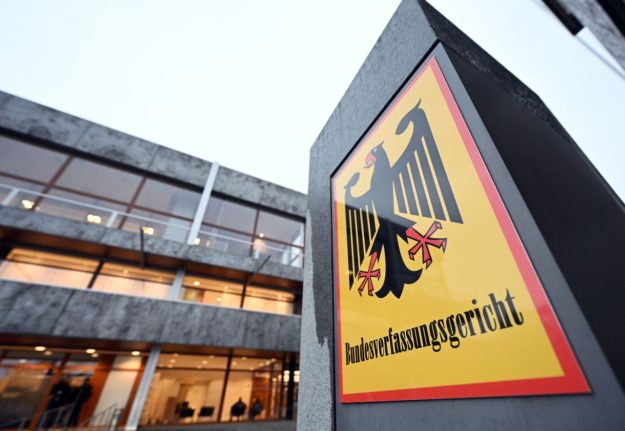The parliamentary groups of Germany’s three governing parties have agreed to shelve the plans, the sources said, confirming a report in the Rheinische Post newspaper.
Josef Schuster, the head of the Central Council of Jews in Germany, had spoken out against removing the term, reasoning that it served as a reminder of the persecution and murder of millions of people, “especially Jews”.
Germany’s constitution known as the Basic Law has been in place since 1949 as a bulwark against dictatorships like the Nazi regime which championed racist politics.
Paragraph three states that “no person shall be favoured or disfavoured because of sex, parentage, race, language, homeland and origin, faith or religious or political opinions”.
Debate around the term “race” in the constitution intensified after the killing of George Floyd in US police custody in 2020 and the associated Black Lives Matter protests.
The justice ministry first put forward a proposal in February 2021 to scrap the term, replacing it with something more nuanced.
READ ALSO: What Germans really think about the country’s racism problem
The change was intended to “further distance the Basic Law from racial ideologies … while also maintaining protection against discrimination,” the ministry said.
The Social Democrats, Greens and liberal FDP also referenced the plans in their 2021 coalition agreement.
But no alternative could be found that “guarantees the same level of protection” from a legal perspective, the sources said.
A justice ministry spokeswoman declined to comment when asked about the move at a government press conference on Friday.
The opposition CDU-CSU conservative alliance welcomed the decision, saying that “common sense has prevailed”.
The conservatives had argued that the creators of the German constitution included the word precisely because they wanted to distance themselves from the crimes of the Nazis.



 Please whitelist us to continue reading.
Please whitelist us to continue reading.
Member comments